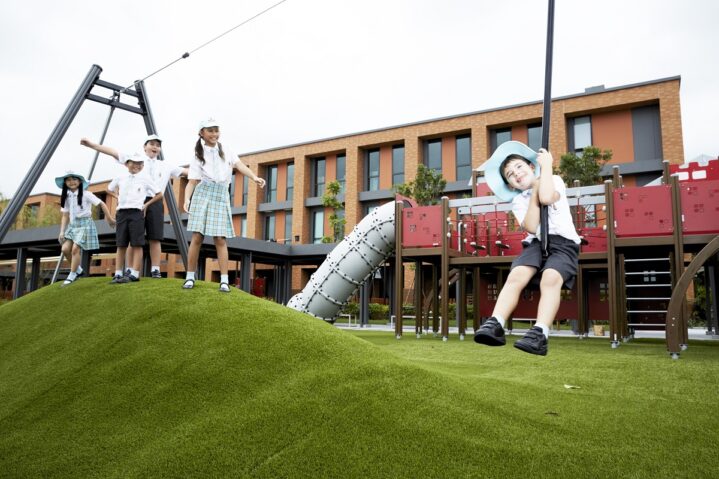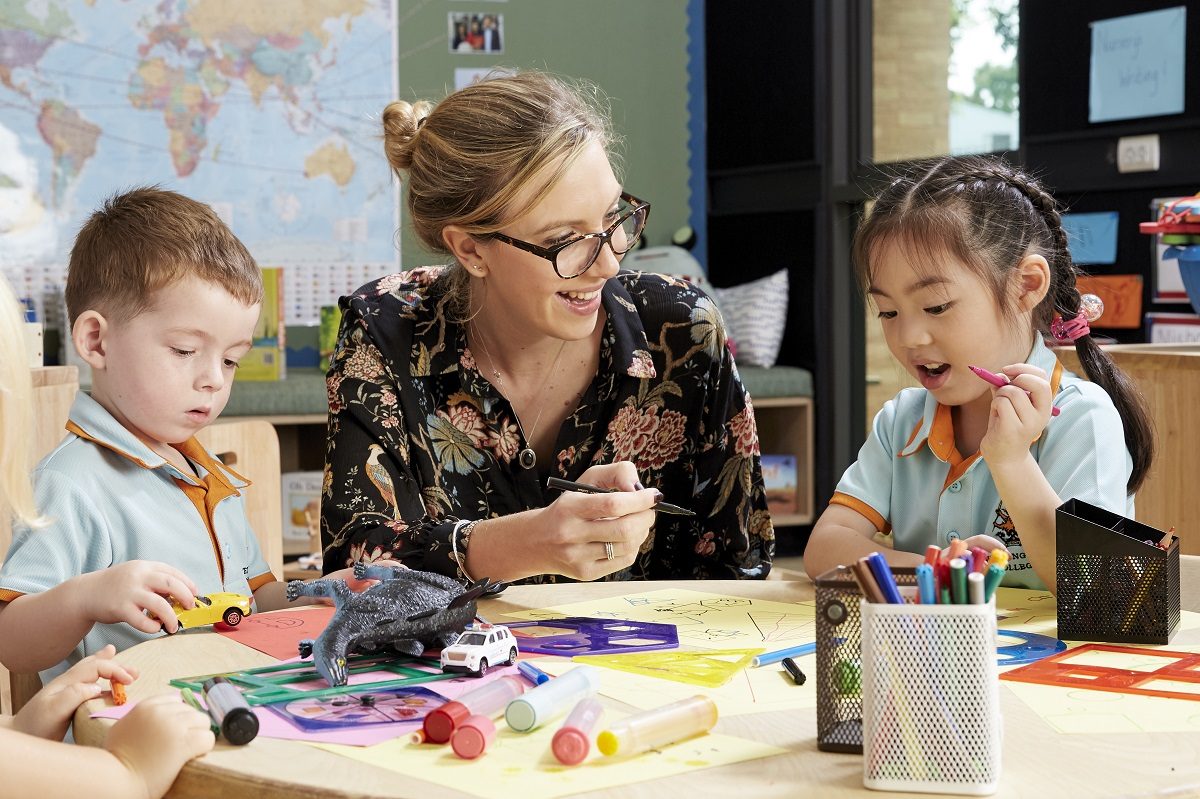
Helping Our Children be More Resilient
These days, we are often guilty of trying to make sure our kids are comfortable all the time. As parents we are often trying to stay one step ahead of everything our kids are going to run into. But in the long run, we risk allowing a child to grow up unable to cope with life’s problems.
By Wellington College Bangkok
In short, resilience is the ability to bounce back when things do not go our way, which is a fact of life. Having resiliency helps kids navigate the inevitable trials, triumphs and tribulations of childhood and adolescence. Resilient kids also become resilient adults, able to survive and thrive in the face of life’s unavoidable stressors.
Resilience isn’t inherited but it can be taught. At Wellington College, aside from teaching about numbers, phonics and the world around us, we teach children how to handle the unexpected and challenging side of life.
Anxious parents have an especially hard time helping their kids tolerate uncertainty, simply because they have a hard time tolerating it themselves, so the idea of letting a child experience the same pain may seem intolerable. So anxious parents try to protect their kids and shield them from worst-case scenarios.
However, a parent or teacher’s job isn’t to be there all the time to safeguard kids. It’s to teach them to handle uncertainty and to solve their own problems. At first glance, some of the approaches below may seem cruel, but in the long run they develop the ‘bounce back’ that people need to be successful.
1. Do not accommodate every request.
When we are too preoccupied with providing children certainty and comfort, we get in the way of children being able to develop their own problem-solving and mastery. Overprotecting kids only fuels their anxieties, and it is easy when a child has a nanny or helper at their disposal for this to happen.
For example, a parent may continually allow their 7-year-old to come to sleep in their bed all the time because they are too scared to sleep alone in their own room. Sometimes you have to say no, with reason.
2. Avoid eliminating all risk.
Naturally, parents want to keep their kids safe. But eliminating all risk robs kids of learning resiliency. The key is to allow appropriate risks and teach kids essential skills from when they are young. This means allowing children to use scissors when they are at the right age, because if they accidentally get a slight cut on their finger that bleeds, of course we would want to dress the injury right away, but it would also likely be a painful lesson that they would remember. Kids need ageappropriate freedom to help them learn their own limits.
3. Teach them to problem-solve.
Starting from Year 2, at Wellington College we begin taking children on overnight residential trips. If a child is nervous about being away from home, an anxious parent might say, “Well, then there’s no reason for you to go.”
A better approach is to work with the teachers to normalise a child’s nervousness and help them figure out how to navigate being homesick. They can understand if they are scared that there will be adults that they trust who will be around. We may ask a child how they can practice getting used to being away from home.
In other words, we should engage a child in figuring out how they can handle challenges. Give them the opportunity, over and over, to figure out what works and what doesn’t.
4. Teach concrete skills.
In our classes, we look at focusing on specific skills children need to learn in order to handle certain situations. We are always asking “Where are we going with this [situation]? What skill do they need to get there?” For instance, if a child is painfully shy, we may show them how to greet someone and start a conversation.
5. Avoid “why” questions.
As tempting as they are to ask, “Why” questions are not helpful in promoting problem-solving in children. They automatically put children on the defensive, which does not give room for honest introspection. Instead we ask “how” questions. “You forgot your swimsuit again. How will you fix that?” For instance, they might come up with a way to check a list of what they will need before they leave the house.
6. Don’t provide all the answers.
Rather than automatically providing your kids with every answer, start using the phrase“I don’t know, what do you think?” Using a phrase like this helps kids learn to tolerate uncertainty and think about ways to deal with potential challenges. Starting with small situations when they’re young helps prepare kids to handle bigger trials.
For instance, if your child asks if they’re getting an injection at the doctor’s office, instead of trying to soothe them, you might say, “I don’t know. You might be due. Let’s figure out how you’re going to get through it.”
7. Let kids make mistakes.
Failure is not the end of the world. It is a teaching moment, and place you get to figure out what to do next. Letting kids mess up when you can easily avoid a problem is tough and often painful for parents. But it helps kids learn how to fix slip-ups and make better decisions
next time. Your child is about to leave home without a hat when you know they will not be allowed out at playtime without one? If you do not say anything and they feel the consequence of not being able to play with their friends, see if they remember the next time.
8. Help them manage their emotions.
Emotional management is key in resilience. At Wellington, we teach kids that all emotions are valid. It is normal to feel angry that you lose a game or someone else finishes your ice cream. We then teach them that after experiencing their feelings, they need to think through what they’re doing next.
Kids learn very quickly which powerful emotions get them what they want. Parents should try to stay calm in the face of emotions and not give in. You might tell your child, “I understand that you feel that way. I’d feel the same way if I were in your shoes, but now you have to figure out what the appropriate next step is.”
9. Model resiliency.
Of course, kids learn a lot from observing their parents’ behavior. As much as possible, we need to try to be calm and consistent. You cannot say to a child you want them to control their emotions, if you yourself are becoming enraged over trivial matters.
When you do make a mistake, sometimes it is best to admit it. “I made a mistake. I’m sorry I handled that poorly. Let’s talk about a different way to handle that in the future.” Children will have to find out sooner or later that Mum and Dad are human too, and when they see us successfully dealing with the trials and tribulations of life, they learn a powerful lesson that they can do it too.




